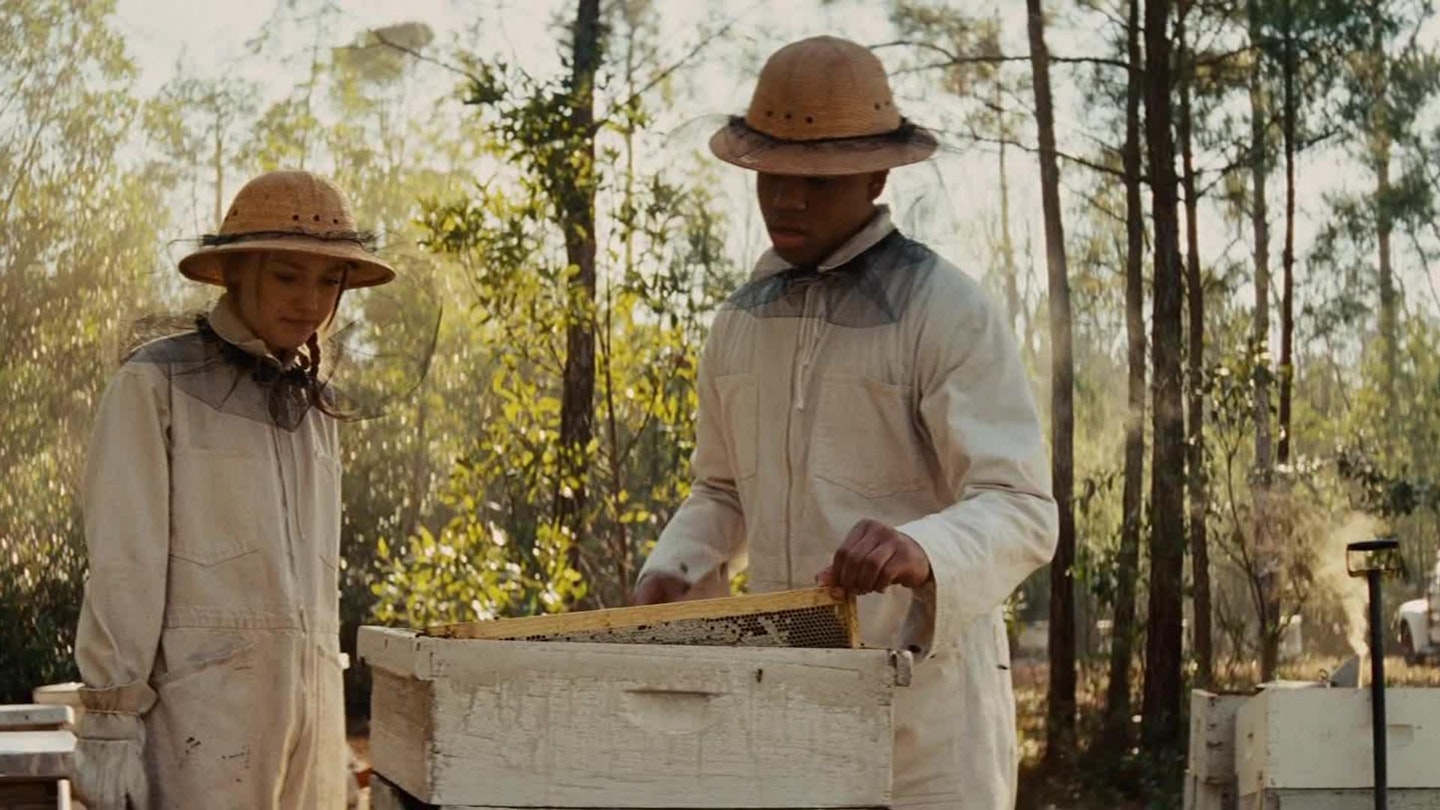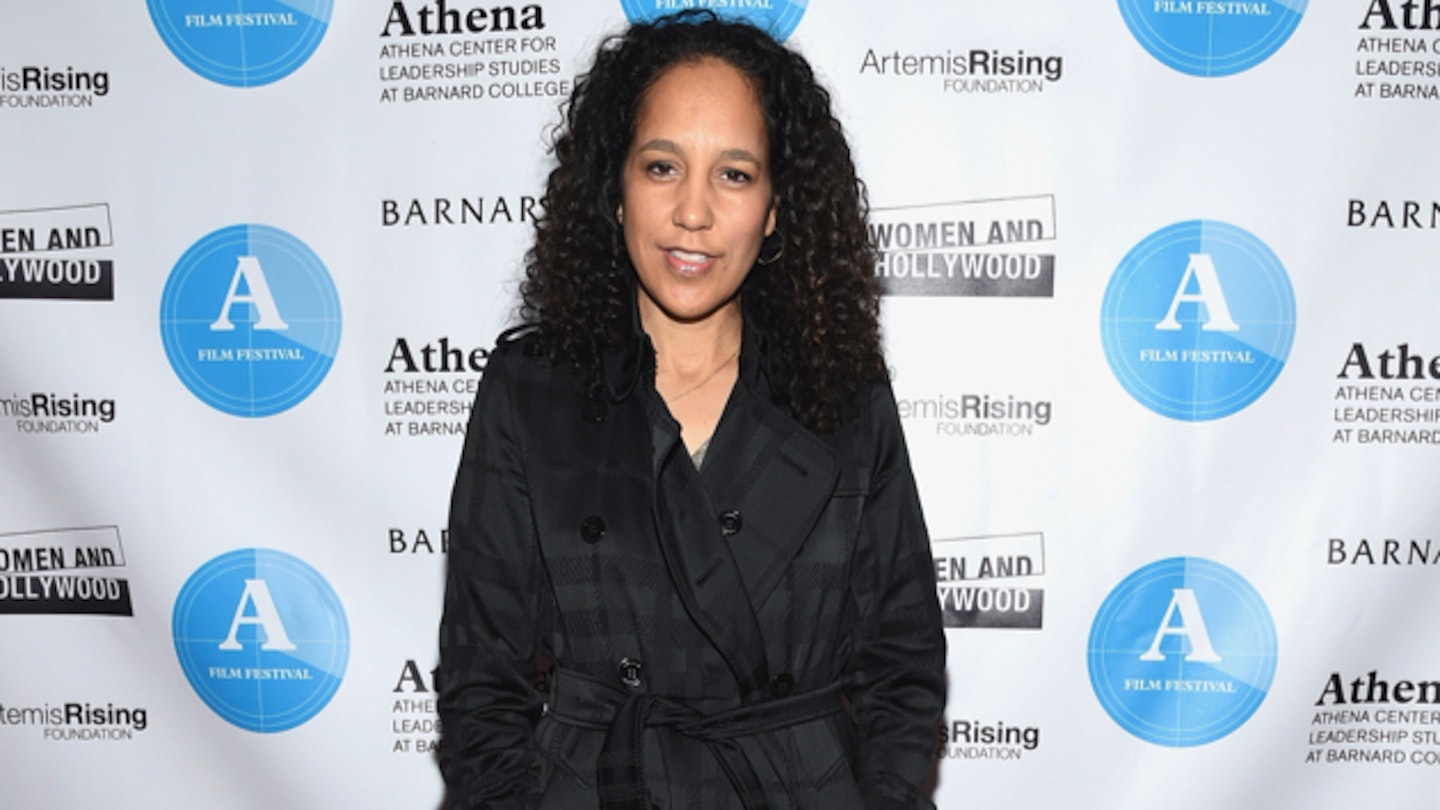Gina Prince-Blythewood's first feature for eight years (after 2000’s Love & Basketball) boasts several encouraging ingredients for a quality drama. Adapted by Prince-Blythewood from Sue Monk Kidd’s acclaimed 2002 novel and with a talented cast, this is certainly a film you’d have confidence in. It’s just a shame, then, that it seems confidence is one thing Prince-Blythewood found wanting when it came to actually making her movie.
Kidd’s novel is a beguiling work, suffused in the sultry heat of a South Carolina summer in the early 1960s, even as it addresses harsh themes of violent racism, child abuse and terrible loss. The volatility stirred up by the Civil Rights Act on July 2, 1964, steers the story arc, as 14 year-old Lily (here played by Dakota Fanning) and confidante Rosaleen (Jennifer Hudson) find themselves on the run after an ugly clash between the latter and a collection of white bigots, finding safety in the home of a family of black sisters, the Boatwrights — an eccentric, inspiring bunch who operate as a self-supporting unit as harmonious as the beehives from which they derive their living.
As will now have become clear, it’s a tale full of symbolism — but where this worked effectively in Kidd’s novel, lending a fairy-tale feel to the piece, there’s a clunkiness to it here. This is underlined by characters who, while vibrant, somewhat tick the boxes. Queen Latifah in particular is underused, her matriarchal August given little to do except smile beatifically while dispensing doses of homespun wisdom — washed down with a spoonful of honey, of course. Alicia Keys, meanwhile, is the spiky sister who refuses to succumb to a ‘woman’s lot’, and Tristan Wilds the studious kid who dreams of being a lawyer instead of the clichéd football player.
But rather than give her cast the chance to act, to make these people live, too often Prince-Blythewood cuts abruptly to another montage set to another insipid MOR ballad, sacrificing subtlety to blunt sentiment. It’s a pity, as what could have been a thoughtful interweaving of two stories — the wider social moment when America’s black population started to emerge, and one little girl’s painful struggle to find herself and her place — instead plays like a Movie Of The Week.

